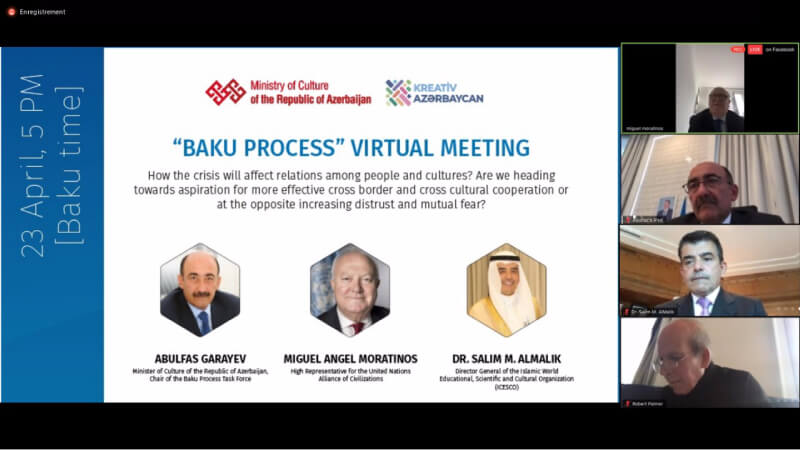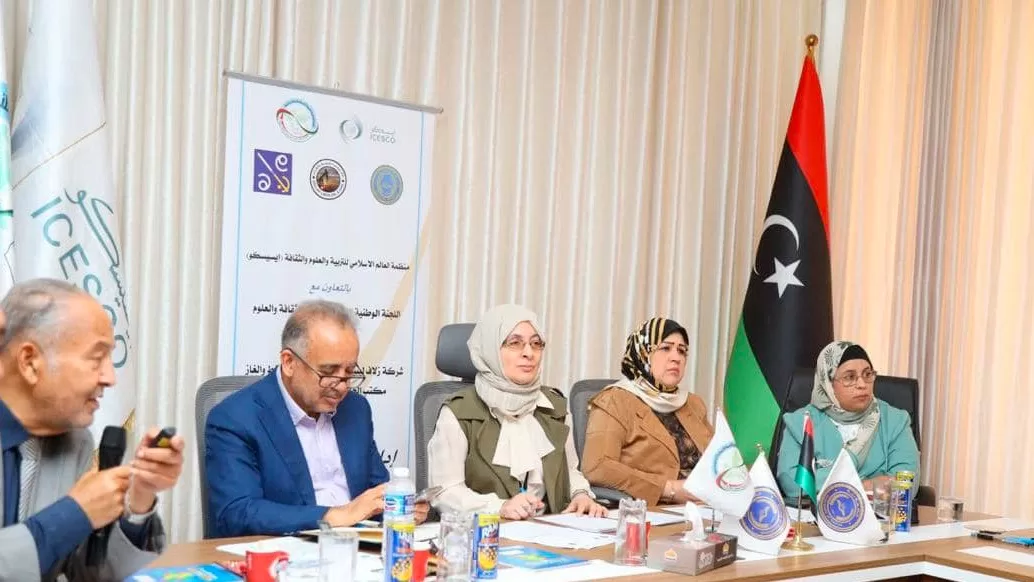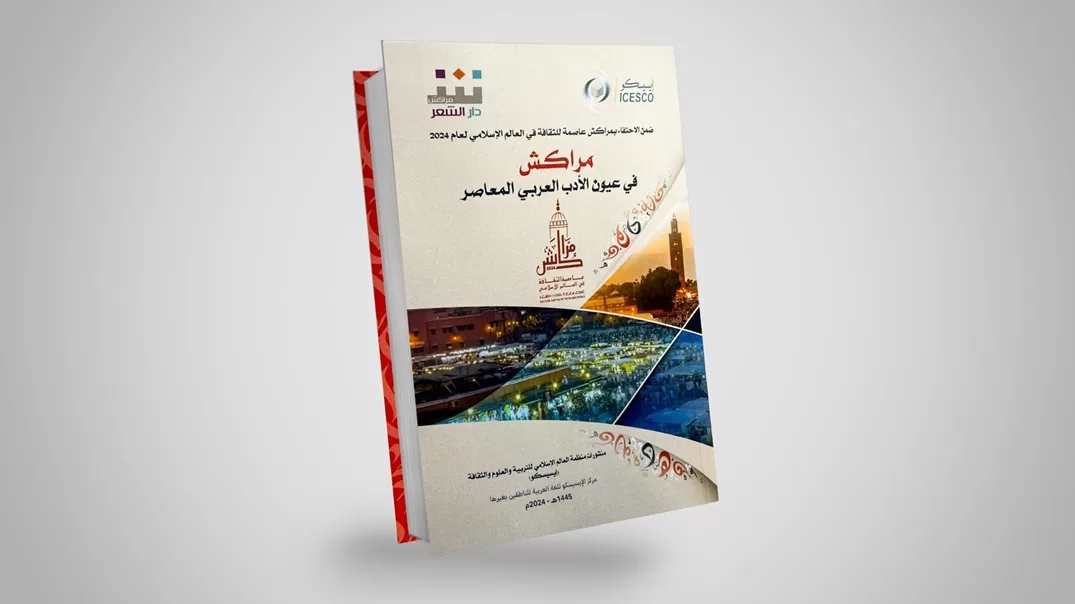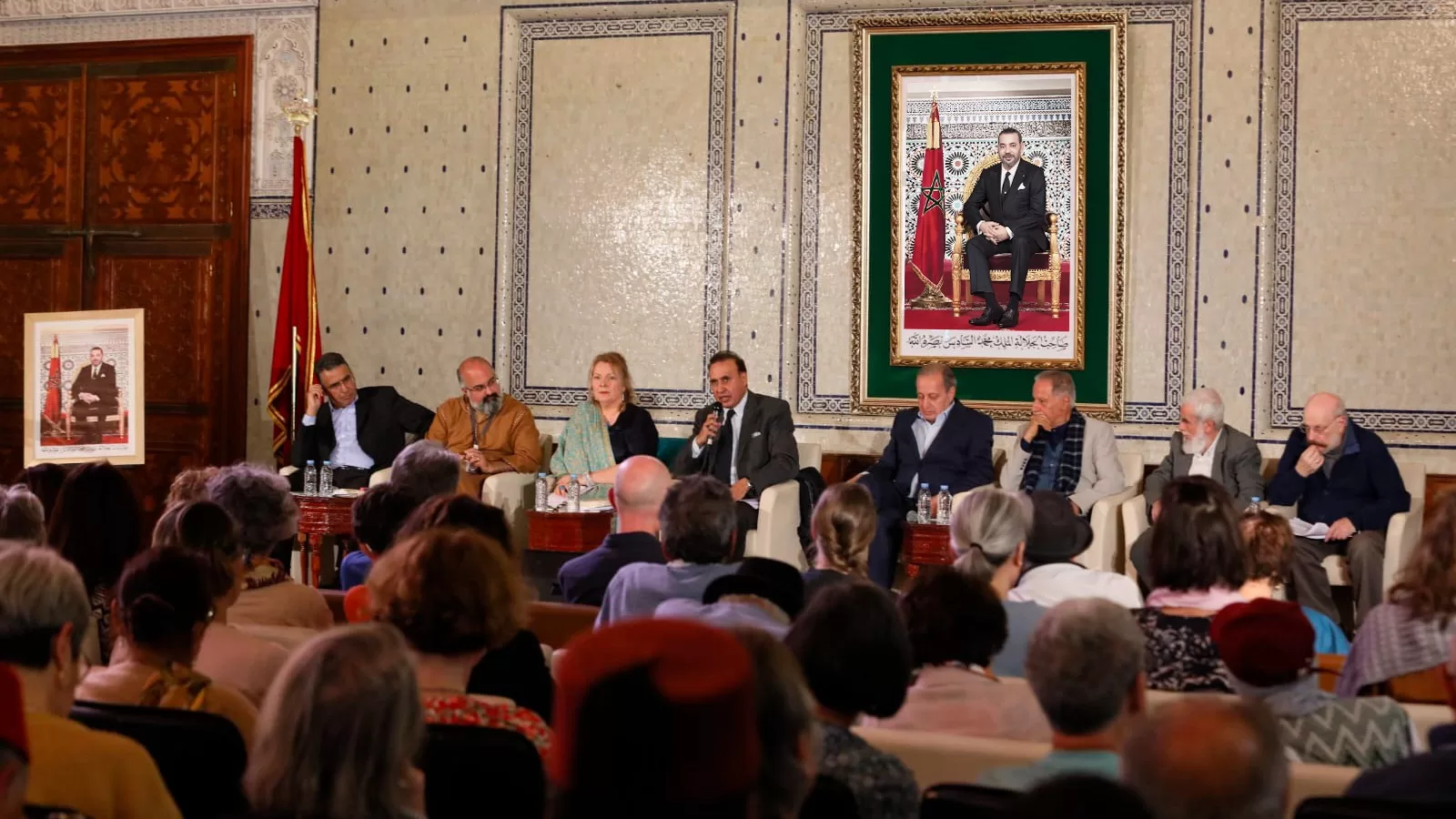
ICESCO Director General: Epidemics and natural disasters an opportunity to change human behaviour towards environment

23 April 2020
Dr. Salim M. AlMalik, Director General of the Islamic World Educational, Scientific and Cultural Organization (ICESCO) said that “health epidemics, natural, and environmental disasters facing humanity today could be an opportunity to look seriously on the threats posed by the human activities on the planet. Our destructive environmental footprints directly or indirectly affect biodiversity and the sustainability of life on earth. We should begin to reflect and envision a model for an alternative society wherein ethics, people, and the environment are at the heart of the issues.”
This statement was part of ICESCO Director General’s address at the virtual meeting on the impact of crises on relations among people and cultures, organized by the Ministry of Culture of the Republic of Azerbaijan within the framework of the Baku Process for Intercultural Dialogue. The meeting was attended by Mr. Abulfas Garayev, Minister of Culture of the Republic of Azerbaijan, Mr. Miguel Moratinos, High Representative of the United Nations Alliance of Civilizations, and several experts specialized in dialogue among civilizations and human and social sciences.
In his address, Dr. AlMalik emphasized that the current model based on utilitarianism and dominated by globalization is on the brink of collapse, giving way to a reconsideration of future and sustainable transformations drawing on the indicators of cultural change of each geographical region. Changes must be made in consideration of the local context and principles: “Think Globally and Act Locally.” From this perspective, communities, including the Islamic world communities, are allowed to consider themselves as a participating entity rather than an excluded and marginalized group. A self-supporting community can be independent and efficient in the long run and in various fields.
Dr. Al Malik then stated that ICESCO had launched a comprehensive humanitarian initiative titled “Comprehensive Humanitarian Coalition,” international to face the adverse effects of the coronavirus pandemic Covid-19, both on the regional and levels.
At the close of his address, ICESCO’s Director General suggested several working mechanisms to promote cultural interaction, among which includes:
-Setting up an observatory for cultural trends.
-Strategic monitoring of best practices and performance measurements.
-Creating a sustainable future lab to support the strategic decision-making process.
-Conducting foresight research and studies supported by reports that help in planning and decision-making.
-Setting up a forum for ideas through the organization of seminars, round tables, and participatory workshops.
-Supporting strategic decision based on a forward-looking approach.
It is worth recalling that the Baku Process is an initiative launched by Mr. Ilham Aliev, President of the Republic of Azerbaijan to promote a productive dialogue among civilizations and cultures. The Baku Declaration was issued in 2008.



